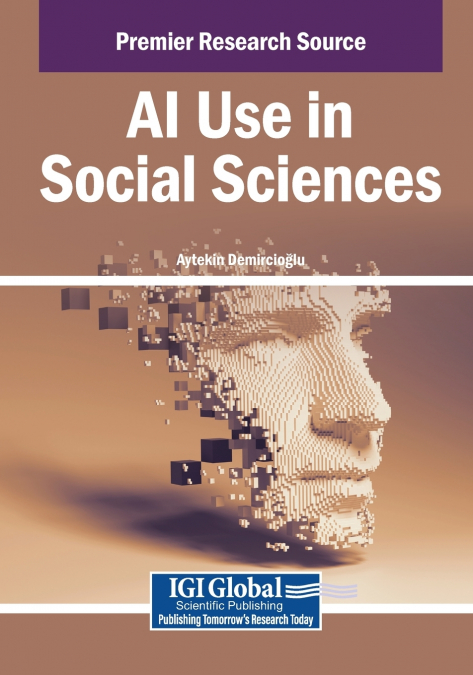
Aytekin Demircioglu
Artificial intelligence (AI)-based technologies are significantly impacting various social science disciplines. With the large data sets that are analyzed, technologies such as machine learning (ML), natural language processing (NLP), and neural networks are particularly useful in disciplines such as sociology, psychology, political science, anthropology, and economics. Thus, social science education and research benefit by the ability of AI to effectively analyze data sets, predict, and increase interactivity. However, ethical concerns regarding privacy and algorithm bias cause some to be resistant to adopting the use of AI in social science fields. Thus, it is crucial to consider the ethical consequences while exploring the multifaceted impact of AI on education, research, and social sciences. AI Use in Social Sciences explores the opportunities and challenges AI provides to the field of social sciences. It presents practical applications of AI and the societal implications they have. Covering topics such as, philosophy teaching, economic policy, and unified theory of acceptance and use of technology (UTAUT), this book is an excellent resource for social scientists, teachers, ethicists, policymakers, researchers, professionals, scholars, academicians, and more.